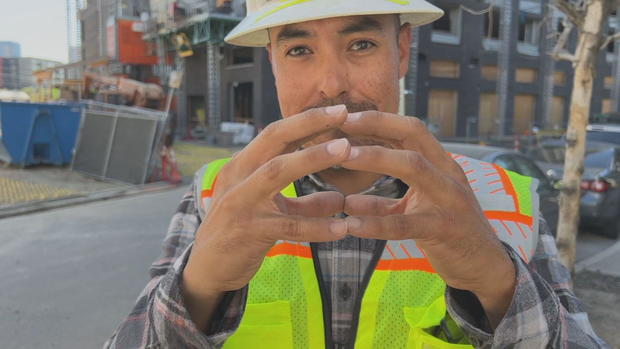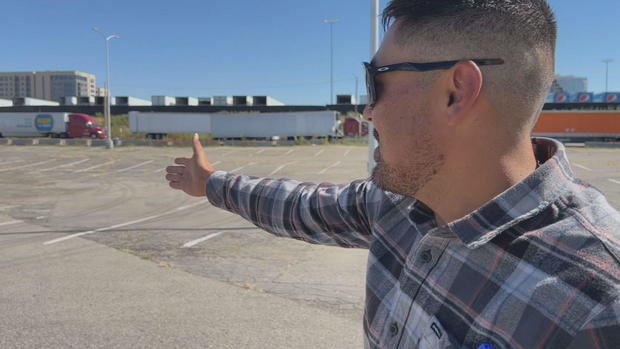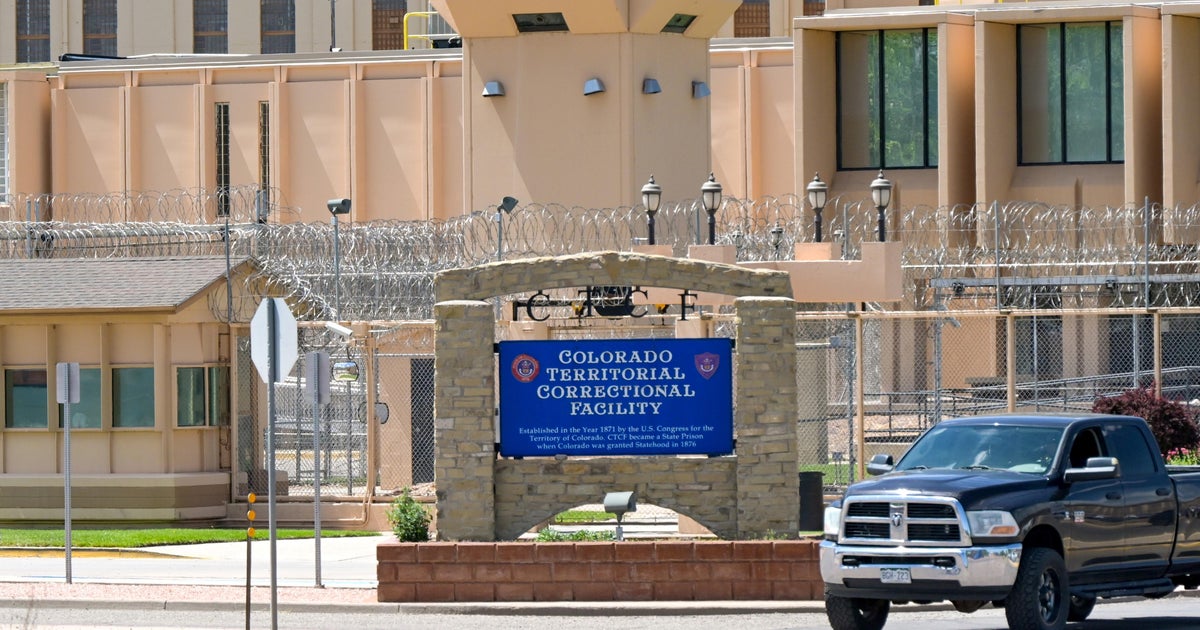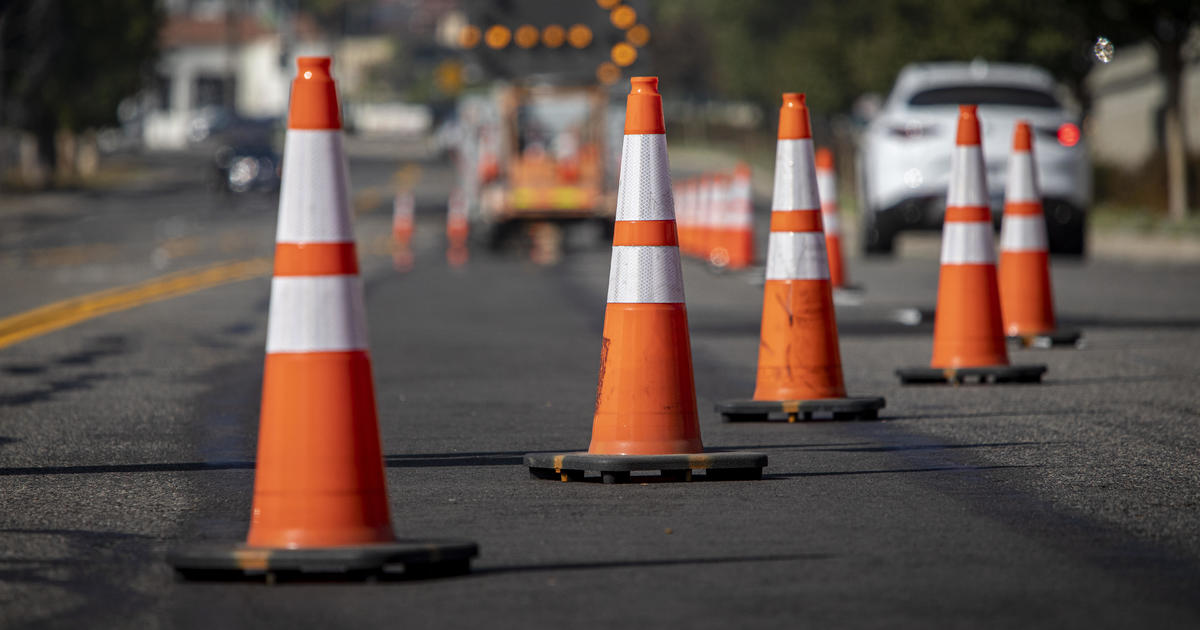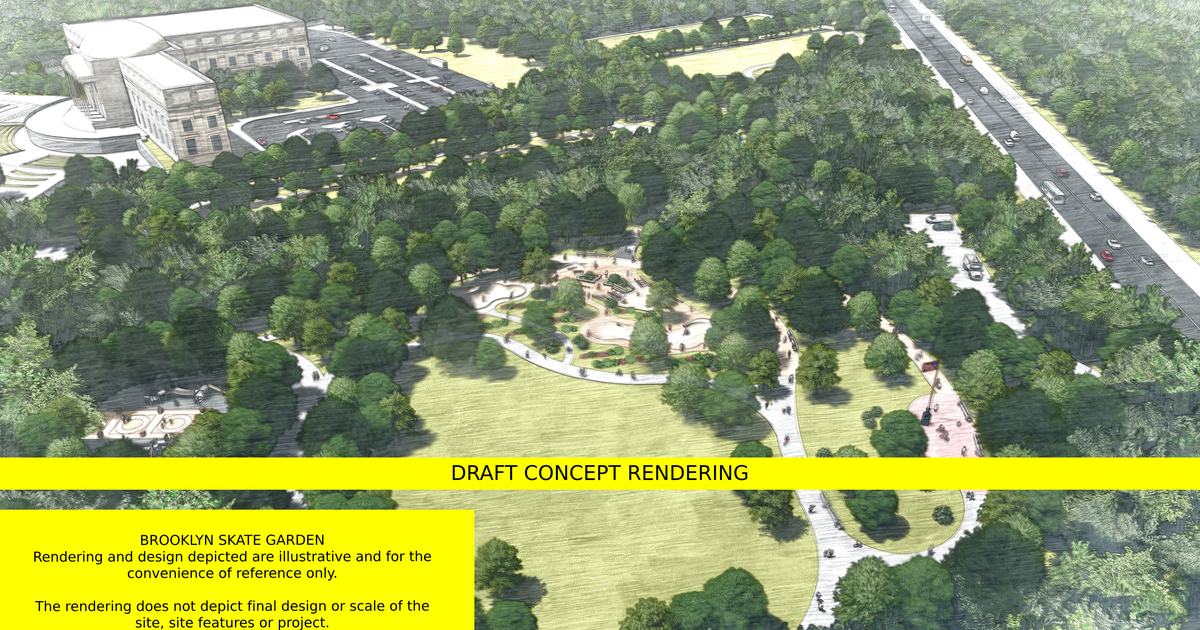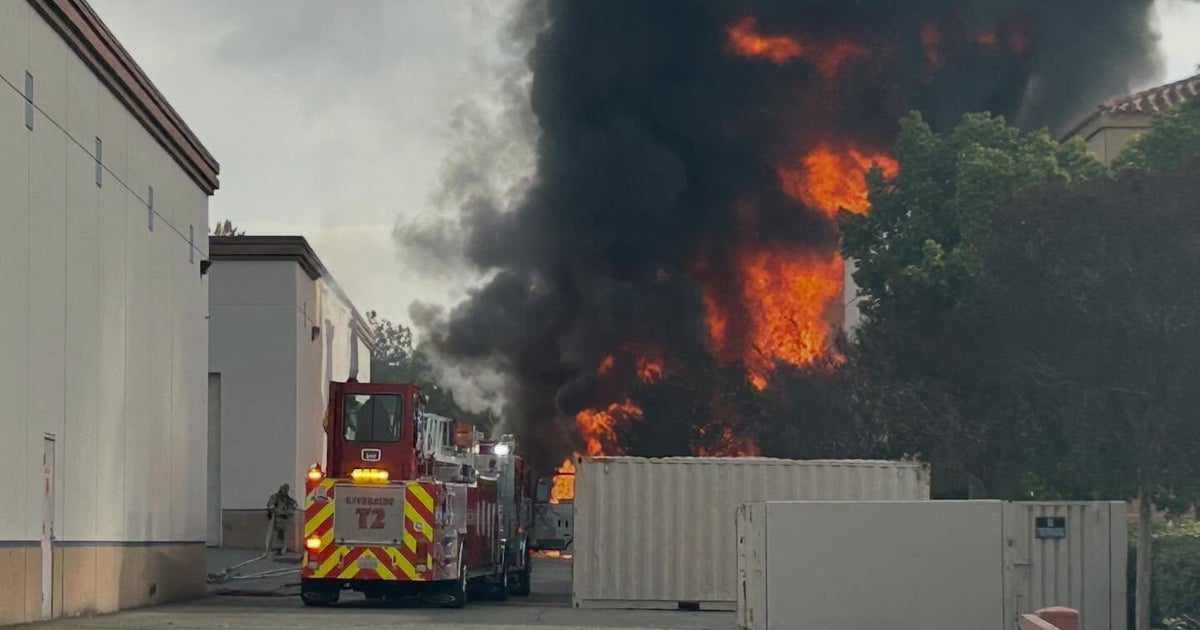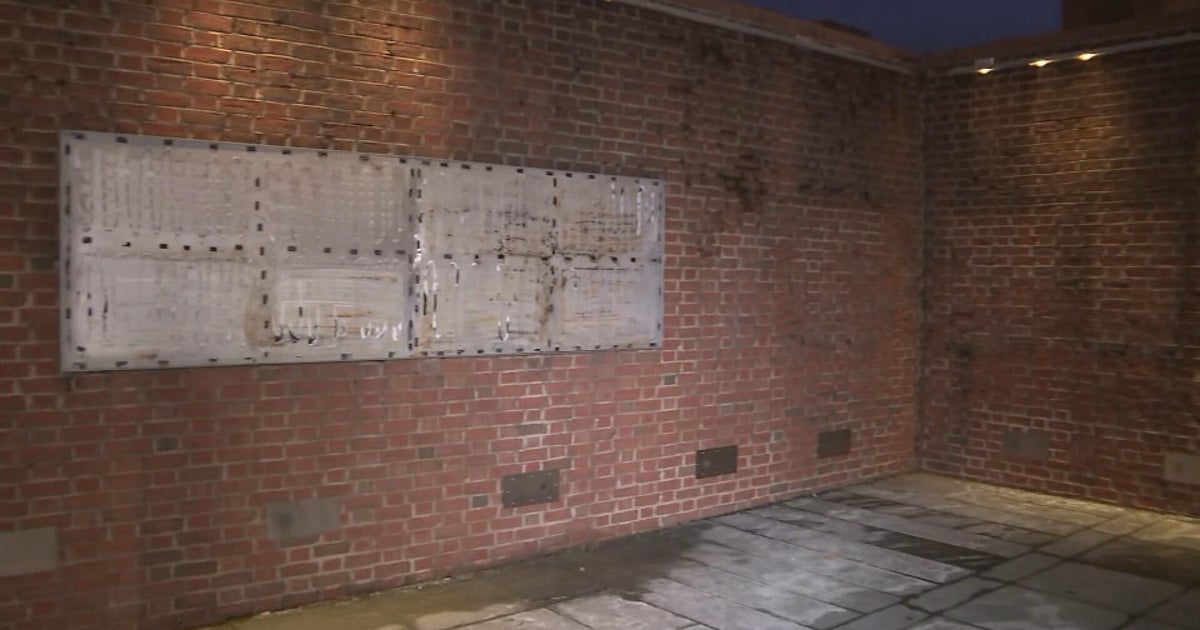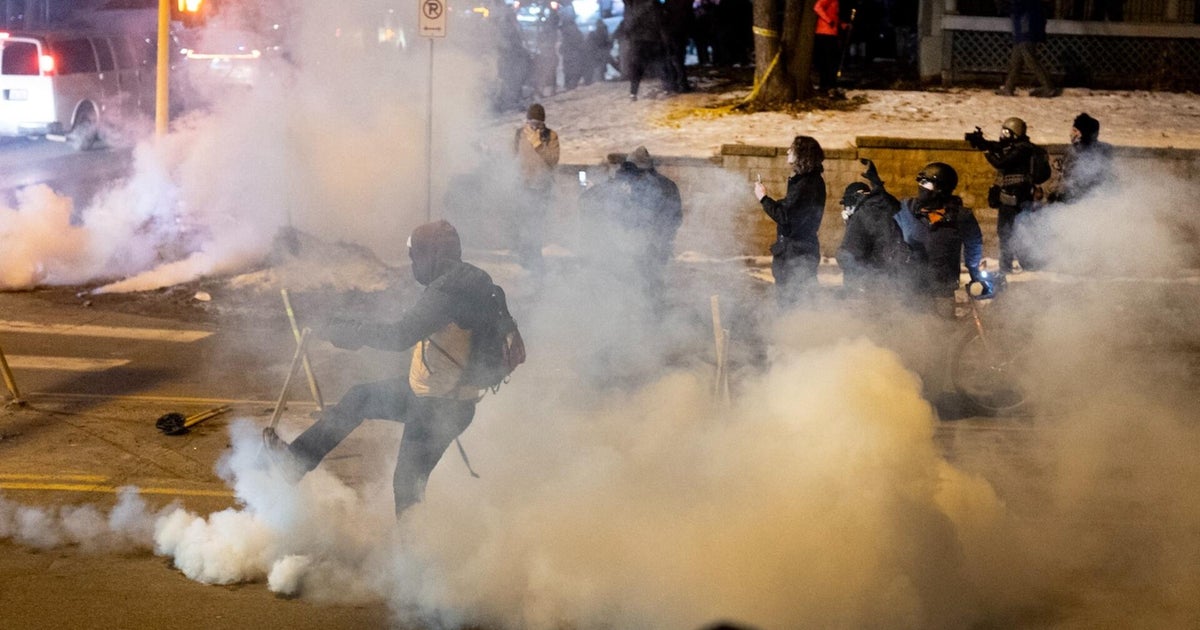Some soil under new Denver construction is not what you think: "That's hazardous to human health"
Sometimes you can count the number of construction cranes up in Denver on two hands.
A lot of new buildings are going up on former construction sites and even landfills. About 50% of all new projects are being built on former construction sites. CBS News Colorado photojournalist Mark Neitro spent an afternoon with a geotechnical engineer who makes sure the ground is safe before new construction goes up.
When most people look at an empty plot of land, they see dirt. Benny Lujan sees the foundation of his city.
"You find all kinds of contaminants, landfill waste, environmentally hazardous materials, such as this battery," he said while digging at a future construction site. "You need a good soil engineer to make sure the soil is stable."
Lujan graduated from the Colorado School of Mines and has worked at CTL Thompson Inc., an environmental and structural engineering firm, for almost 19 years.
Arriving at a construction site, he determines what needs to be done with the soil.
"There's a 25-foot-deep landfill underneath this building," he said in front of a site that will serve as affordable housing for unhoused young adults. "We inject grout under pressure and basically make these ice cream cone-shapes, and what those ice cream cone grout shapes do is basically push the landfill materials to the side and they densify that landfill in place."
From a parking lot built on a former landfill elsewhere in the city, he shows the very apparent difference between one side of the lot that's been improved and one that hasn't.
"You have a line and to the right of the line is the unimproved fill where you can see all sorts of undulations and uneven surfaces," he said. "To the left of the line, it's nice and flat and consistent."
In the lab, he examines soil samples and determines what needs to be done to make it safe for construction to start. In the field, he checks the soil on-site for hazards.
"You wouldn't believe some of the things you find in the ground in Denver; brick, concrete, glass, asphalt, coal ash is the most common, and that's hazardous to human health," he said.
